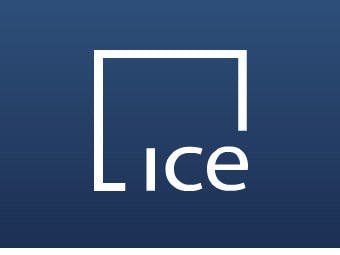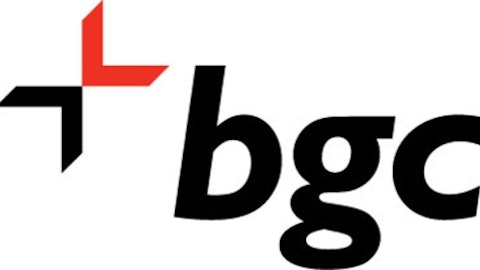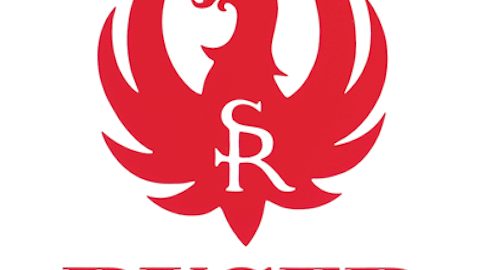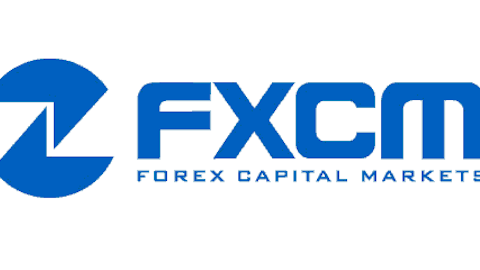Betting on movements in currencies has always been the domain of large, global investment banks and hedge funds. Given enhanced leverage, currently limited to 50-1 in the U.S. for major currencies, investors have the opportunity to make fortunes as they try to mimic investor George Soros, who famously made $1 billion betting against the British pound in 1992. Smaller investors’ rising interest in alternative asset categories, including currencies, has led to the rise of specialists catering to this customer base. So, should investors take a look at the sector?
The growing number of brokerages focused on the foreign exchange category, like Gain Capital Holdings Inc (NYSE:GCAP) and FXCM Inc (NYSE:FXCM), have used the strong equity markets of the past few years to raise capital, with both firms completing initial public offerings in December 2010. They have used the funds primarily to expand their operations internationally, especially in large financial centers like the U.K. and Japan. The result has been higher levels of new accounts and a push into the institutional segment, a major profit center for investment banks’ prime brokerage units.
While the two companies provide similar services and generate most of their revenues from their international segments, their divergent business strategies have led to contrasting financial results. Gain Capital Holdings Inc (NYSE:GCAP) acts as a principal in the majority of its transactions, which was a drag on revenues in its latest fiscal year, due to lower spreads and less retail trading. For the period the company’s revenue fell 17%, with a steep 28% drop in its principal trading segment.
In contrast, FXCM Inc (NYSE:FXCM) generates most of its revenues from commission-based brokerage, only recently creating a principal trading unit. In its latest fiscal year, the company outperformed its smaller competitor with a 2% gain in total revenues. More importantly, FXCM’s adjusted operating margin held up well during the period, at 28.1%, despite weak volumes in its retail unit.
While both companies made some minor acquisitions in 2012, more stringent financial regulations being imposed by governments around the world are creating a need for greater scale in the foreign exchange brokerage business. Consequently, FXCM made an unsolicited offer in April to acquire Gain Capital Holdings Inc (NYSE:GCAP) for roughly $210 million, a fairly low-ball bid that valued the company at approximately 1.3 times book value. While Gain Capital dismissed the bid and continued to pursue its own acquisitions, a combination would create a stronger industry player with roughly 275,000 retail accounts and leading market positions in the U.K. and Japan.
Given the foreign exchange brokerages’ need to both rely on investment banks for capital and compete with them for customers, investors might take a different angle. Government regulations, like the federal Dodd-Frank Act that was passed by Congress in 2010, are increasingly pushing foreign exchange transactions from the over-the-counter market to more transparent exchange markets. A big winner of this trend will be IntercontinentalExchange Inc (NYSE:ICE), a leading diversified operator of exchanges for future, equity indices, and currencies.
Founded in 2000, Intercontinental has benefited from the rapid rise in electronic trading, as well as the burgeoning interest in alternative assets, like commodities and currencies. The company’s contracts accounted for over half of global crude-related volume in 2012, allowing IntercontinentalExchange Inc (NYSE:ICE) to sell more back end services, including market data and trade processing. It is also attempting to gain a dominating position in the equities market through its long-coveted pending acquisition of NYSE Euronext (NYSE:NYX).






